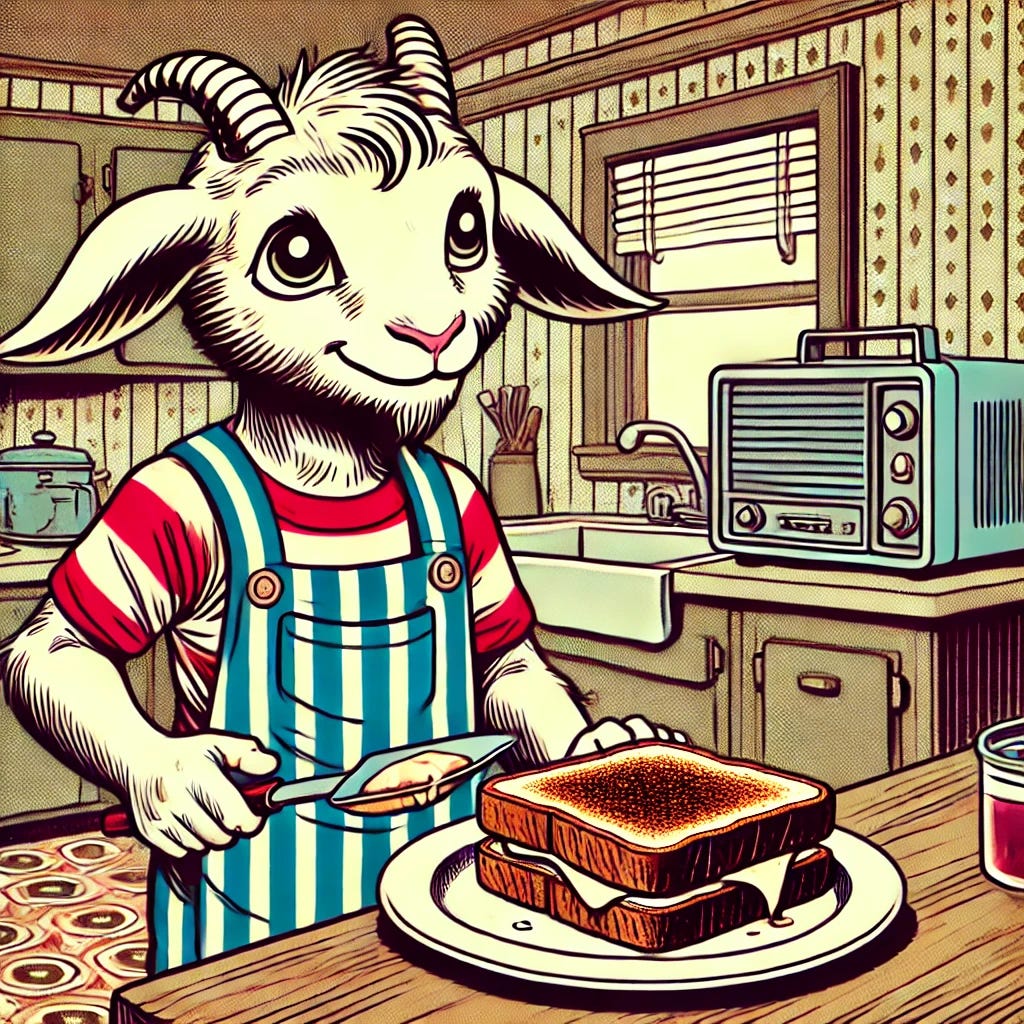One thing Gen X kids had was independence.
Today, the internet gives kids a chance to look out into the wider world—to get to know other kids, but also to get to know their ideas. Back then, if you wanted to meet someone or find out just about anything new, you needed to go places. This meant that trips away from the home were very common for me growing up.
This freedom manifested itself in a few notable ways. For one thing, we would tell our parents (roughly) when we’d be home at night, and since there wasn’t any way to track where we were, we would just go wherever we wanted. Now, I know kids do this today too, but without any realistic way for our parents to ping us, we might as well have been on another planet.
Here’s how I described what this was like in The Things We Used to Do:
Back then, if you wanted a ride home from the movie theater early, you needed to find a pay phone, insert a quarter (hopefully you had one), and know the number you needed to call. If it was long distance, you needed to purchase a card, then enter those numbers. If you ran out of minutes on the card, your call ended.
This contrasts heavily with today’s helicopter-parent tech, capable of identifying where your child is in a click or two. Now, don’t get me wrong—being able to locate your child in an emergency is good! And, in retrospect, we probably had nowhere near as much independence as previous generations, but we still had a ton more freedom of movement than today’s Gen Alpha kids are likely to experience.
I don’t recall the first time I heard the term latchkey kids, but I remember how horrifying it sounded to my ears. Who were these kids, and why were they suffering so much?!? Their parents had carelessly abandoned them to their own devices by leaving a key on a latch outside for their kids to find, or so the term implied.
I quickly surmised that this was me they were talking about. It was odd to be considered a part of some group that was supposedly suffering, because I didn’t feel like I had it particularly tough just because I was home alone by myself until one of my parents (both teachers) got home.
Instead of horrible loneliness, I got to experience autonomy. I learned to make my own meals and snacks, and I enjoyed a little bit of adult role-playing. If I wanted to go somewhere, I would leave a note for my parents to find when they got home, unless we had an implicit understanding that I was to be back home at a certain time.
It might be useful to remember the state of mind during the 80s regarding kids. Remember the Satanic Panic? That utterly ridiculous phenomenon really did sweep across America during the 80s, and the pitchforks were out for anything that wasn’t traditional. That included not only cultural phenomena like Dungeons and Dragons or heavy metal music, but also any sort of family that didn’t involve two parents, one of whom (the mom) stayed home with the kid 100% of the time the kid was there.
By taking the bus home, I would have an hour or two to myself, should I choose to stay home. This was like practicing to be an adult, and in retrospect, much of the skills that I needed in order to live by myself were acquired during this time. I remember being proud of knowing how to make a grilled cheese sandwich, and enjoying being able to make it all by myself.
I’m not sure why that particular moment sticks with me. Maybe it’s because grilled cheese sandwiches weren’t very common for me growing up, so it felt like something that could be my own thing.
Today, the perception seems to be shifting away from the negative perception of kids being left to their own devices, and toward a view that focuses on independence and the skills you need to practice before becoming an adult. This is very sensible, because even though we keep on improving the human condition, we also keep on making trade-offs.
The autonomy of physical movement has been swapped for the independence of the internet. Doors that were shut when I was a kid are wide open to kids these days, for better and for worse. This means kids can find other kids like them much more easily, and that can make the difference between life and death for some kids.
At the same time, kids are pretty much never free from surveillance today. This is certainly nuanced and far from binary, and that’s why I wanted to bring it to you today.
Were you a latchkey kid? Did the term seem negative to you, or was it just me hearing something that I wanted to hear?






Gen X turned into the helicopter parents of Gen Z. It was odd how that independence pendulum swung so hard the other way.
By default, all of the child characters I write about are latchkeys. Because the stories are supposed to be about THEM, not their parents. I got fed up of too many half-assed one-dimensional parents who exist only to show the kid has parents in media. And none of their parents are helicopters: they are extremely intelligent people who know their children can fend for themselves (working as superheroes, they have to, anyway).
The proper place for adults in child-centered literature is just in cameos and walk-ons, so that's how I do it.